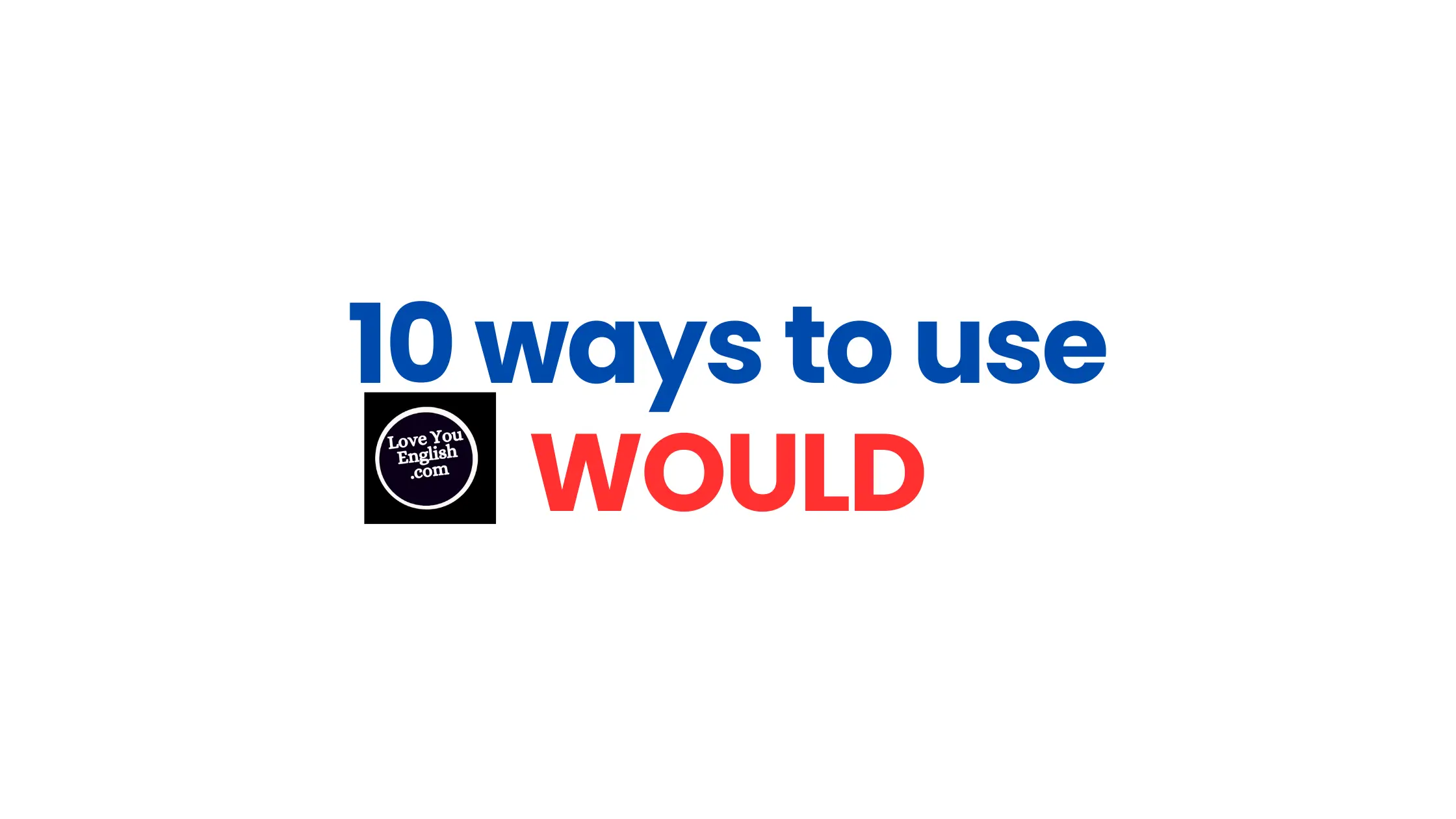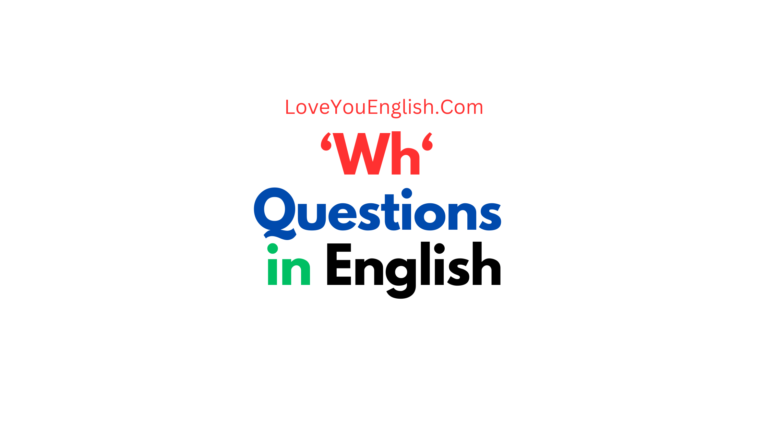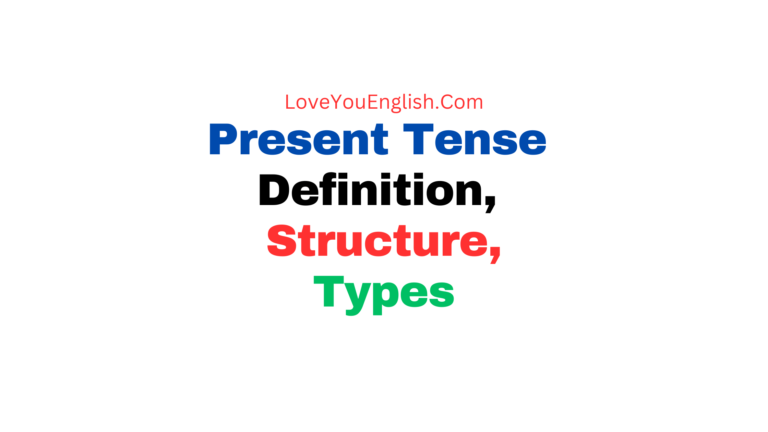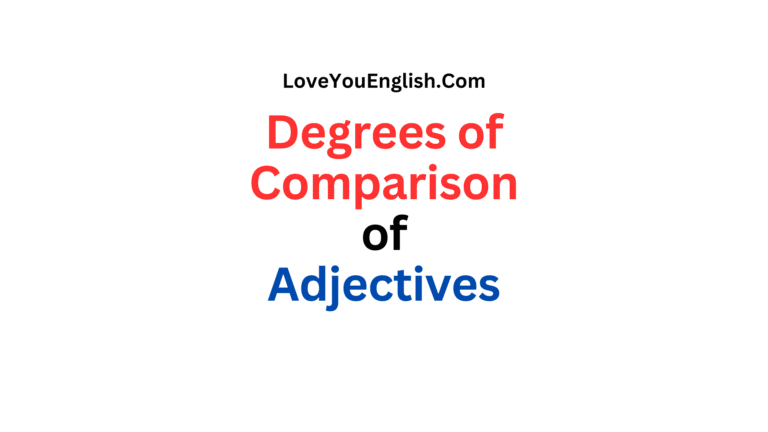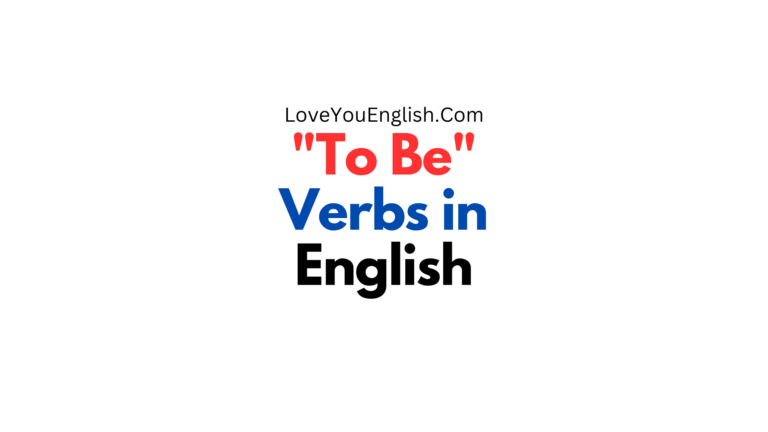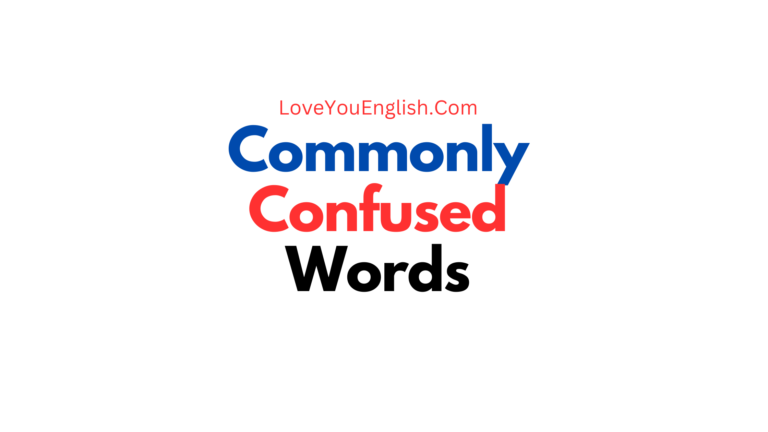10 ways to use the word WOULD
Hello everyone!
Today we’re going to talk about a really annoying word, a word that troubles so many of my students.
“Would” isn’t it annoying? It’s got so many uses. Well don’t you worry because today we are going to be going through the 10
uses of would. We are going to go through in immense detail with lots of examples.
You will leave this lesson feeling more confident about the ways you can use would.
Let’s start with the first use of would.
We use “would” to make polite requests. This is one of the most common phrases using would.
When we want to ask for something politely, we say I would like, or I’d like. I’d like a cup of tea, please. Or I’d like bread with jam.
We can also use would like to request things for other people too.
My wife would like a hot chocolate and the Times of India.
That is what she likes the first time we ever went to a hotel together.
They said, “What would you like in the morning?” Which newspaper and hot drink? And she just panicked and said hot chocolate and the Times of India.
The structure of this is Subject + would like + object or subject + would like + to infinitive.
We can also use “would” to make requests as a question.
Would you close the curtains please? Or would you buy me a newspaper? Preferably the Times of India with a hot chocolate.
#2
We can use “would” to make invitations and offers.
For example, if you want to politely offer someone some food or a drink, you can say “Would you like a cup of tea?” Would you like a biscuit with that?
If you want to invite somebody to an event or a place, you can say would you like to come to our house tomorrow for dinner or would you like to come with me to the party tonight?
Also read:
- C2 English Idioms: Crime Idioms with Meanings and Sentences
- English Idioms You Should Learn
- Common English Idioms with Meanings
- Common English Business Idioms
#3
Now this one. Is really important because often students don’t know about this, but we use it a lot in speech.
My wife uses this all the time, and it really annoyed me once because we filmed a video for our picnic, and she used would all the time in this way and.
I’m really happy to be talking about it.
Today we use would to talk about typical behavior in the past. If you didn’t know this before, this is going to make you think. I understand why they said would all the time.
Now we use “would” to talk about repeated actions in the past, habits that we don’t do anymore.
When I was a child, we would go to Goa for our holidays. That was a repeated action, typical behavior. But I’m not a child anymore.
I don’t go to Goa anymore for my holidays.
When Ajay was at university, he would eat ready meals almost every night. He doesn’t do this anymore. He’s not a student, but when he was a student, this is what he would do.
Note that you can’t use this to talk about stative verbs like love, hate, want, or have. For stative, we use the structure used to instead.
We don’t say when I was a child I would love chocolate.
We do say when I was a child, I used to love chocolate because love is a stative verb, so it doesn’t go with would. When I was a child, I used to love chocolate, but now I don’t like it.
#4
We use “would” to talk about willingness in the past.
If you want to talk about how willing or happy someone was to do something in the past, you can use would.
Although we normally use this in a negative way, so it’s more likely that we use wouldn’t.
The shop wouldn’t give me a refund even though my new phone is obviously broken? They weren’t willing to, or Diya wouldn’t carry any of my boxes for me. She wasn’t willing to.
My parents wouldn’t lend me any money, so I couldn’t go out.
#5
We also use would in hypothetical situations.
Hypothetical situations are situations that we are imagining. They’re not real. The restaurant would be too expensive, so we won’t go there.
Basically, I would like to live in Spain because the weather’s beautiful. But I live in India so I can’t. I would get seasick with those huge waves, so I’m not going on the boat trip, or it would be great to travel more often.
#6
We use would in conditional sentences. You can check out lessons on conditionals to understand better.
Now relating to would, we use would in the second conditional to talk about imaginary, impossible or very unlikely situations in the present.
These are similar to the hypothetical situations that we spoke about just before, but with the 2nd conditional, we use two clauses, the if clause and the would clause.
If I move to another country, I would miss my parents.
Siya would take a trip around the world if she won the lottery.
Take a look at the structure of these sentences but pay attention. OK,
the structure is If + simple past (subject + verb in past simple), + subject + would + base form of the verb
That little comma just there is only needed if the if clause comes first.
You can swap the clauses over and in that case the comma isn’t needed. I know it seems like such a tiny thing, but if you’re in an exam, it’s really important. Please also remember, even though we’re using past tenses, we are imagining things in the present.
Some more examples.
If my children ate all their vegetables, they would get ice cream.
We’re using a comma there because the if clause comes first.
I would take Spanish classes if I had time.
The if clause comes second, so there’s no comma.
Imagine this: You really want a Labrador, but your landlord doesn’t allow pets. That’s a bummer!
Now, if your landlord did allow dogs, it would be great, right?
Another one, “If they spoke English, they would move to New Zealand.” That’s just how unexpected it would be!
Now, let’s talk about the third conditional. It’s like a time machine for our thoughts, taking us back to imagine how things could have been different in the past.
For example, “I would have called you if I had known you were at home,” or “If she had helped us, we would have finished earlier.”
So, the pattern for the third conditional goes like this: “If” followed by the subject and then the past perfect tense (like “had known” or “had helped”), and then a comma.
After that, it’s “subject + would have + past participle” (like “I would have called” or “we would have finished”). It’s like rewriting history in our minds!
If the if clause comes first, we need a comma, if it comes second, we do not.
Let’s take a look at some examples.
If he’d practiced more, he would have passed his driving test.
She wouldn’t have missed her flight if her alarm had gone off.
If you’d bought a ticket, you wouldn’t have got a fine.
#7
we can use would with wish.
We use would with wish to talk about things that we want people to do or not to do. We often use it when we’re annoyed
by someone’s habit or something they do regularly. I wish you wouldn’t leave the door unlocked. He wishes his dad wouldn’t
smoke.
The structure is as follows.
Subject + wish + subject + would + the base form of the verb.
I wish you’d clean the house more often. I wish you wouldn’t borrow my clothes.
They wish their neighbor’s dog wouldn’t bark at night.
We wish our grandparents would move closer to us.
#8
We use “would” to talk about preferences.
If we want to talk about what we or what somebody else prefers from several options, we use the phrase “would rather” this could be a real situation in the present or a hypothetical situation.
I’d rather get a take away today. I’m too tired to cook.
Or would you rather go to the cinema or to the theater?
The structure is subject + would rather + the base form of the verb.
Some more examples.
Would you rather have tea or coffee, or they’d rather not come tonight because they’re not feeling well?
Or Tina would rather meet us at the restaurant?
#9
We use “would” to give opinions.
When we want to give our opinion about something but we’re not sure we’re correct or we want to be really polite, we can use would as part of some set phrases. I would think, I would imagine, or I would guess.
I’d imagine it’s been a tough few days for him. I’d guess he’d want to help. I’d think we’d need to talk to the manager before we commit to this, right?
#10
We can also use would in reported speech.
Would is the past of will in direct speech. I will help you move house, said Robert.
Transforming that into reported speech. Robert said that he would help me move house. Will changes to would.
Whenever you see Will in direct speech, you can use would in reported speech.
Some more examples.
She said she would come.
They told me they would finish it by the next day.
I said I would drive them to the airport.
That is, it. The 10 uses for would. Hope you’ve understood it and would use it in your daily conversation. Remember, don’t worry if you make mistakes.
